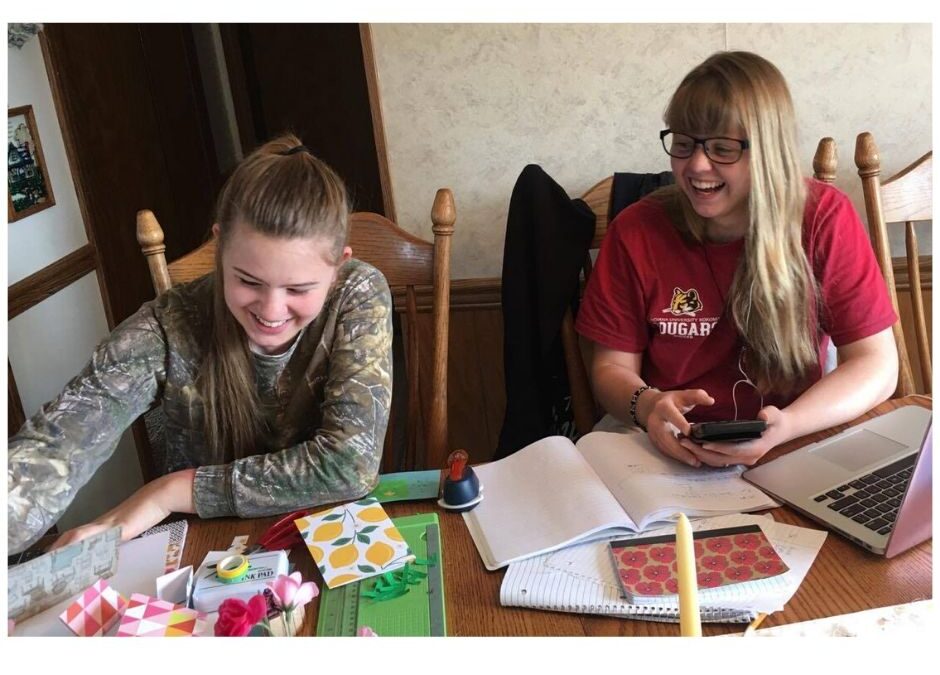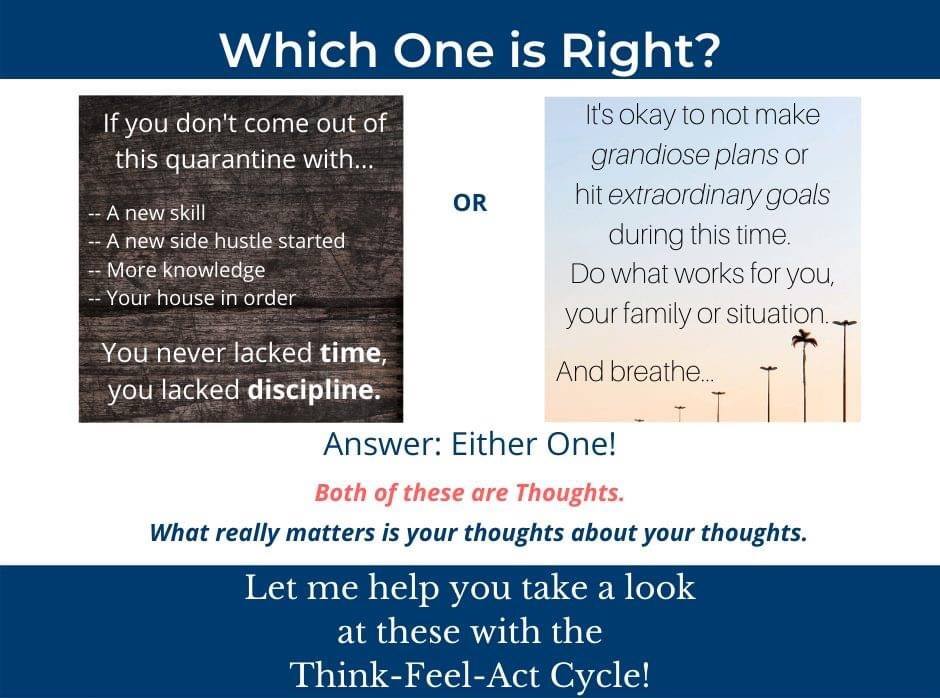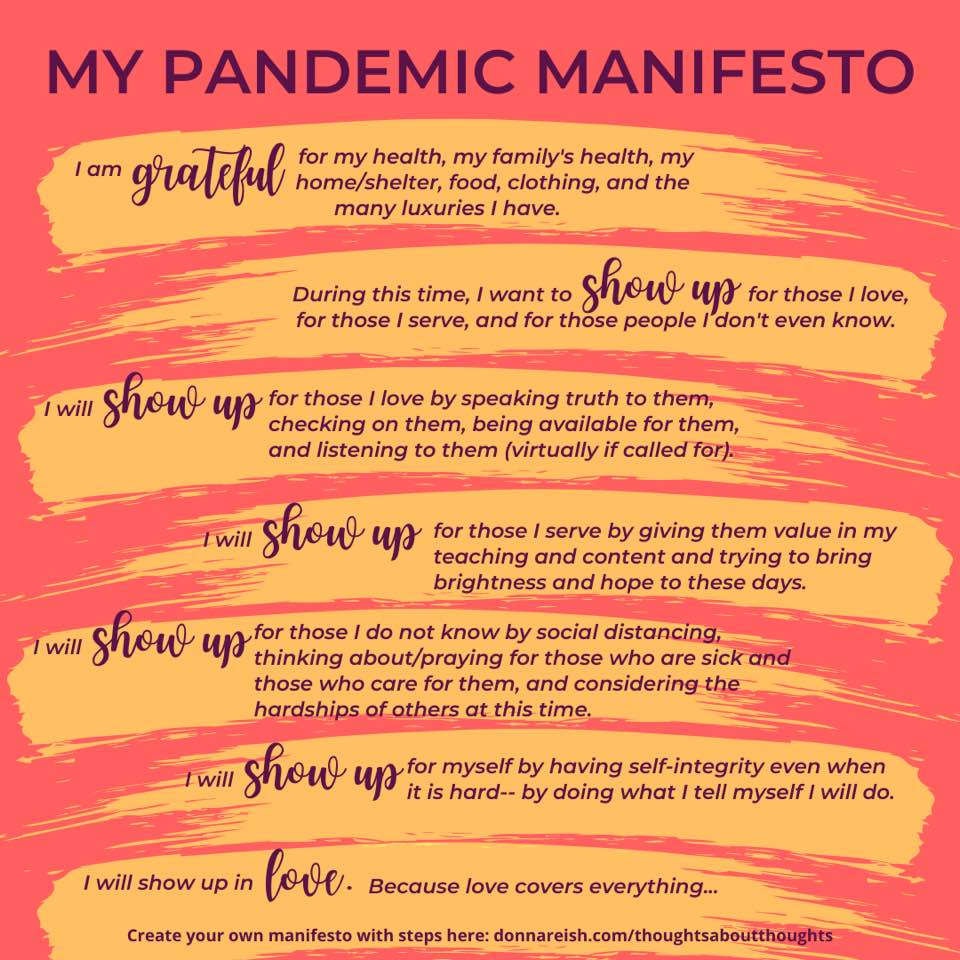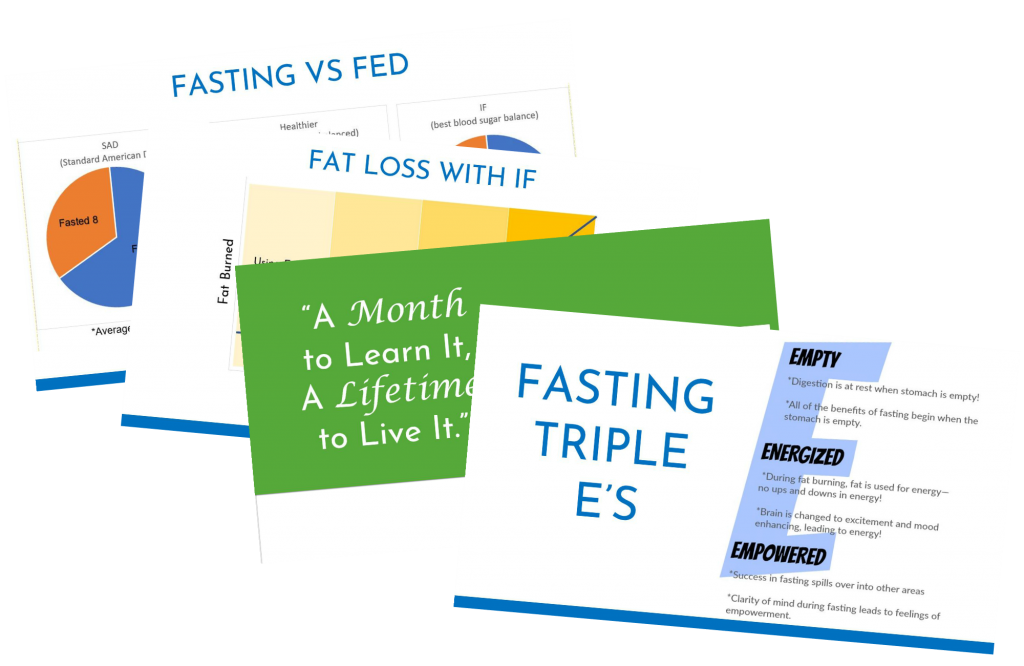
What Are You Thinking?
In this blog post, Donna condenses about 10 of her podcast episodes into one. We all know “As a man thinketh, so he is.” Here, Donna lays out many practical tips to help each of us get our thoughts in line with the actions we desire to take. This video is not just for ” grown ups”! It would be a great educational tool for your kids to listen to, so they can each see how much their thoughts are affecting every moment of their day. It can help them learn to take control over any negative thoughts and move them in the direction towards reaching their goals, whether that is to just have a more pleasant attitude…. become a Vet Tech …or play professional soccer. 🙂
Donna’s goal is always to lift one another up and be a “forti-fy’r! ~ Ann
*************************************
Thoughts about Thoughts
From Donna
We have a lot of thoughts right now. We have thoughts about fear, thoughts about productivity, thoughts about our kids’ education, thoughts about finances, thoughts about the world. We do not even realize the magnitude and huge number of Thoughts that we have each day. (Over 60,000 of them!)
And we do not begin to understand the impact these Thoughts have on how we Feel and how we act. So when we see memes and images on social telling us we should be doing this or we should be doing that, we are overwhelmed.


In this special FB webinar, I present two extreme memes going around that make women Think thoughts…Thoughts that they are doing great or doing horribly. Thoughts that they are in the minority or the majority. Thoughts that they’re okay or that they are lazy….
And I examine these Thoughts and help you sort them out by teaching you Thought techniques, tips for changing unhelpful Thoughts (if you want to–all Thoughts are optional), and more.
A sort of “life coaching on a FB live” experience!
I hope it helps you! I want to many good things for you!
Click on the video below to start this special webinar!




Donna Reish is a homeschooling veteran of seven kids over thirty-two years, wife of thirty-eight years, curriculum author of over 100 books, weight loss coach, language arts blogger, weight/Intermittent Fasting blogger, Christian, and Nonna to six grandbabies. You can read a full bio here.





